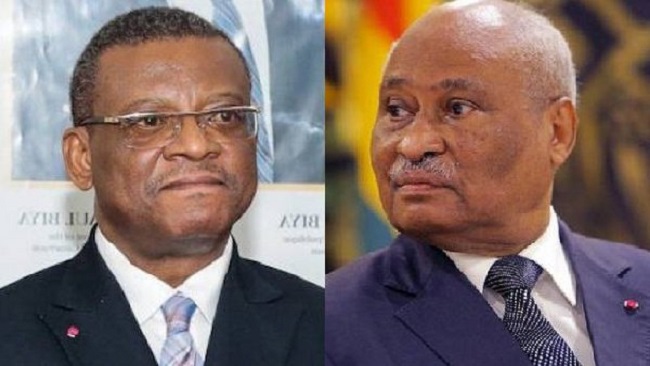4, April 2017
Protesting Southern Cameroon lawyers paralyze courts 0
Since October 2016, courts in Southern Cameroons have not been functioning. The lawyers announced a boycott of the courts after certain demands were not met by the Francophone regime in Yaoundé. With the support of the teachers, the Cameroon Anglophone Civil Society Consortium was born and the Anglophone regions plunged into crisis.
The Biya Francophone government has maintained a kind of deliberate silence and some Francophone magistrates have been hearing cases without the presence of counsels and have been delivering funny judgments. Cameroon Concord News gathered that most of the hearings are being postponed. Some of the French speaking judges were quoted as saying that in the absence of lawyers, their work lacks serenity and the hearing are painful.
Last week Laurent Esso, the Minister of Justice and a gang of other Francophone cabinet ministers held a press conference to present to the media the measures taken so far by the Head of State who has reportedly gone missing ever since his state visit to Italy.
Esso and his Francophone colleagues in response to the demands of English-speaking lawyers revealed that Mr. Biya has ordered a new assessment on the mastery of the Common Law by Magistrates serving in the North West and South West Courts of Appeal. Laurent Esso who earlier made a mockery of Southern Cameroonians that there was an emergence of a Chinese Cameroon community also noted that the 84 year old dictator has agreed to a redeployment of Magistrates in Southern Cameroons taking into account their mastery of the English language.
The Cameroon Anglophone Civil Society Consortium has said it will no longer react to statements and decrees signed by the Biya Francophone government as they are not relevant to Southern Cameroonians.
By Sama Ernest


































4, April 2017
Fire ravages SODECOTTON warehouse in the Douala Port 0
Devastating flames have consumed part of the Douala Autonomous Port. State radio and television reported that the fire which breakout at 1 a.m. early on Monday, 3rd April 2017 consumed a cotton warehouse belonging to the Cotton Development Cooperation, SODECOTTON.
SODECOTTON sources revealed that the fire ravaged about 2500 tons of cotton stocked in the warehouse deep inside the Douala Port. Fire fighters and marines stationed at the autonomous ports battled tirelessly with the flames to prevent it from spreading. The cause of the fire is still unknown but competent authorities are presently investigating.
By Eyong Johnson